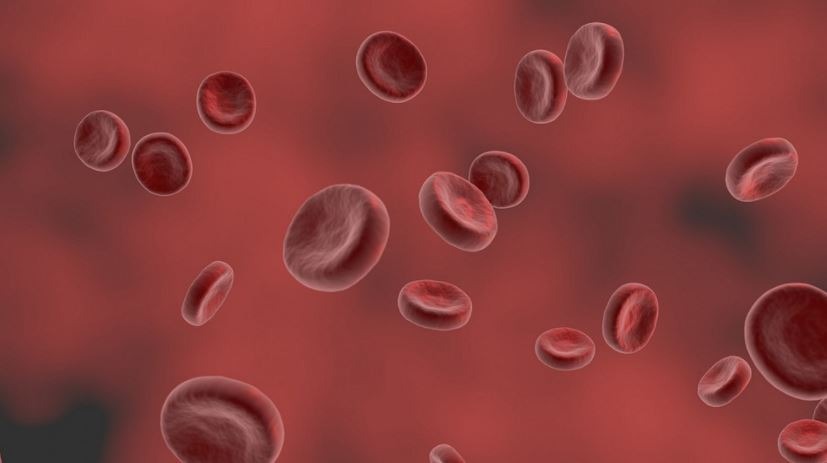Fatigue is a feeling that transcends a mere feeling of tiredness. It renders you unable to get out of your bed in the morning and prevents you from fulfilling important day-to-day activities. Persistent fatigue is due to various causes, such as your diet, lifestyle, or underlying medical conditions. Of course, no one wants to be feeling sluggish and mundane at all times. So, here’s a rundown of primary causes of fatigue and some quick tips on how to overcome them.
Lack of Sleep
Sleep deprivation is one of the most apparent and common reasons for fatigue. You should be getting seven to eight hours of good night’s sleep. Getting less of that affects your overall health and well-being negatively. So, strive to make sleep a priority and work on a regular schedule.
If you’re having trouble sleeping, try making adjustments to your sleep environment like getting a more comfortable mattress, banning television and cellphone a hour before bedtime, or making your bedroom dark and cool. If you’re still having trouble, see your doctor to check any sleep disorder.
Diet
It might be surprising, but what you eat and don’t eat may contribute to fatigue. For instance, if you’re not eating your daily recommended intake or nutritious food, you’re very likely to experience fatigue. If you’re eating too much processed foods, junk foods, fatty foods, and or ones that cause blood sugar spikes instead, you’ll likely feel the same due to inflammation and blood sugar instability.
Remember, you need to eat healthy foods and get a balanced diet to supply your body with the energy, vitamins, and minerals it needs to function properly. So, whenever you’re experiencing fatigue, try to assess your diet first and make sure to eat in a more balanced, healthier manner.
Load up on vegetables, fruits, whole grains and protein. Plus, take multivitamin supplements as advised by your doctor. Skip on junk foods, especially those high in fat and sugar. Also, be mindful that quick fix foods, like caffeinated drinks and chocolate bars, are traitors. They’ll provide a short-term energy boost that will wear off rapidly and just worsen your fatigue.
Dehydration
Fatigue may also be caused by dehydration. As you do your tasks at the office, work out in a gym, or perform other activities, your body needs water to function properly and keep cool. If you’re not drinking ample amounts of fluid, your organ will also have to work double time to pump nutrients and blood, causing the sensation.
Drink 6 to 8 glasses of water each day. Juices, sports drinks, and other liquids can also be also hydrating. However, water is still your best option, as it’s free from caffeine, sugar, and calories, which can aggravate fatigue. Instead, add healthier water-rich sources, such as melon, grapes, cucumber, peaches, oranges and tomatoes, to keep your body hydrated.
Anemia
Anemia is among the primary causes of fatigue in women. It happens due to insufficient iron in the body. Iron is a vital component needed to produce healthy red blood cells, which then transports oxygen to the organs and tissues. Without adequate oxygen, you’ll begin experiencing weakness and fatigue, as well as other symptoms like dizziness, headaches, and shortness of breath.
A good way to avoid anemia is eating iron-rich food, like liver, beans, lean meats, and tofu, nuts, brown rice, and enriched cereals. It’s best to consult your doctor if you wish to get iron supplements to assist you with the correct dosage.
Diabetes
Diabetes is another condition that causes fatigue. If your sugars are too high or too low, it causes an imbalance in the blood glucose levels, affecting the body’s ability to meet your energy needs. If you have diabetes, it’s important that you properly manage your disease, adopt the necessary lifestyle changes, and take the prescribed medications. If you don’t have diabetes but are experiencing fatigue with other symptoms, such as frequent urination, extreme hunger, and increased thirst, it’s better to have your blood sugar checked to know the root cause.
Stress and Anxiety
Continued stress and anxiety, whether due to a strict work deadline, your finances, or relationship demands, can physically manifest through your body through insomnia, aches and pains, increased heart rate, and fatigue. So, find ways to manage stress, by taking breaks, getting regular exercise, making time for hobbies, and eliminating the triggers. If you’re experiencing extended periods of stress, don’t hesitate to seek counseling, so you can better learn how to handle it.
Lack of Exercise
Do you binge-watch your favorite series throughout the day? Perhaps, play video games a few hours daily for multiple days in a week without getting some actual exercise? Chances are you’ll be experiencing fatigue. Sedentary behavior causes fatigue as it serves as a form of deconditioning, making it more challenging and tiresome to perform your tasks.
To keep your body functioning properly and improve your fitness and overall well-being, exercise at least 30 minutes daily, five days a week. Don’t fret, as it doesn’t need to be rigorous. Even a 30-minute jog or walk to the park is also a good form of exercise.
Thyroid Problems
Lastly, thyroid problems can be the culprit for your fatigue. A sluggish thyroid means the body’s metabolism slows down, resulting in lethargy. Having an overactive one, the body’s metabolism speeds up, also making you feel rundown. Luckily, a simple blood test can help to determine if you have thyroid issues and so you can receive proper treatment.
Final Words
While fatigue draws from many causes, be wary that it’s only a symptom, and not an actual disease or condition. You can always take steps to reduce your fatigue, but be sure to pinpoint the underlying reason first to ensure your precious efforts won’t go to waste. However, if fatigue starts affecting the quality of your life, seek help from a health professional for relief. The great news is that practical and simple lifestyle changes are usually what you only need to feel better over time.









